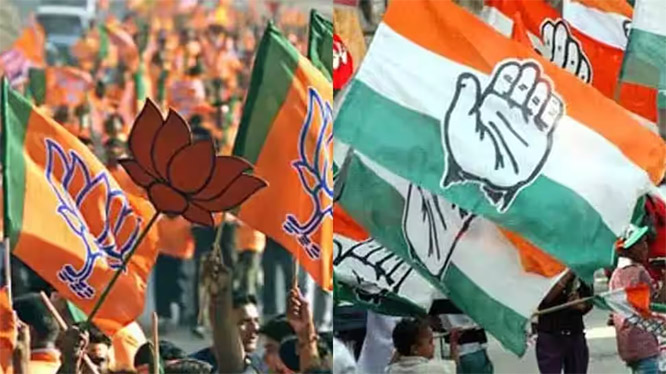New York, Aug 16: Melbourne is the most liveable city in the world, followed by Austrian capital, Vienna and Canada's Vancouver in the second and third place respectively, reveals a survey.
According to the Global Liveability Report compiled by the Economist Intelligence Unit (EIU), no Indian city was ranked in the top ten or bottom ten in the most liveable city ranking.
Others in the 10 most liveable cities in the world include Toronto at the fourth place, followed by Calgary (5th), Adelaide (6th), Perth (7th), Auckland (8th), Helsinki (9th) and Hamburg (10th).
According to the survey that covered 140 cities globally, though the rankings of top five cities remain unchanged, the past few years have seen increasing instability across the world, causing volatility in the scores of many cities.
"While not a new phenomenon, the frequency and spread of terrorism have increased noticeably and become even more prominent," the report said, adding that "repeated attacks in France and the UK have had a contagion effect, raising terror alerts and lowering stability scores in cities across the region".
Besides, Iraq, Libya, Syria and Turkey remain the subject of high-profile civil unrest and armed conflicts, while a number of other countries, such as Nigeria, continue to battle insurgent groups.
"Even a relatively stable country such as the US has seen mounting civil unrest linked to the Black Lives Matter movement and the policies proposed by President Donald Trump," it said.
EIU noted that overall, the global average liveability score has fallen 0.8 per cent to 74.8 per cent over the past five years.
As per the survey, the least liveable city was Damascus at 140th place, followed by Lagos (139), Tripoli (138), Dhaka (137), Port Moresby (136), Algiers (135), Karachi (134), Harare (133), Douala (132) and Kiev (131).
The rating quantifies the challenges that might be presented to an individual's lifestyle in any given location, and allows for direct comparison between locations.
Every city is assigned a rating of relative comfort for over 30 qualitative and quantitative factors across five broad categories - stability, healthcare, culture and environment, education and infrastructure.
Top 10 (Liveable cities)
Melbourne - 97.5 out of 100
Vienna - 97.4
Vancouver - 97.3
Toronto - 97.2
Calgary - 96.6
Adelaide 96.6
Perth - 95.9
Auckland - 95.7
Helsinki - 95.6
Hamburg - 95.0
Bottom 10 (Least liveable cities)
1. Damascus, Syria - 30.2
2. Lagos, Nigeria - 36.0
3. Tripoli, Libya - 36.6
4. Dhaka, Bangladesh - 38.7
5. Port Moresby, Papua New Guinea - 39.6
6. Algiers, Algeria, and Karachi, Pakistan - 40.9
8. Harare, Zimbabwe - 42.6
9. Douala, Cameroon - 44.0
10. Kiev, Ukraine - 47.8








Comments
Add new comment